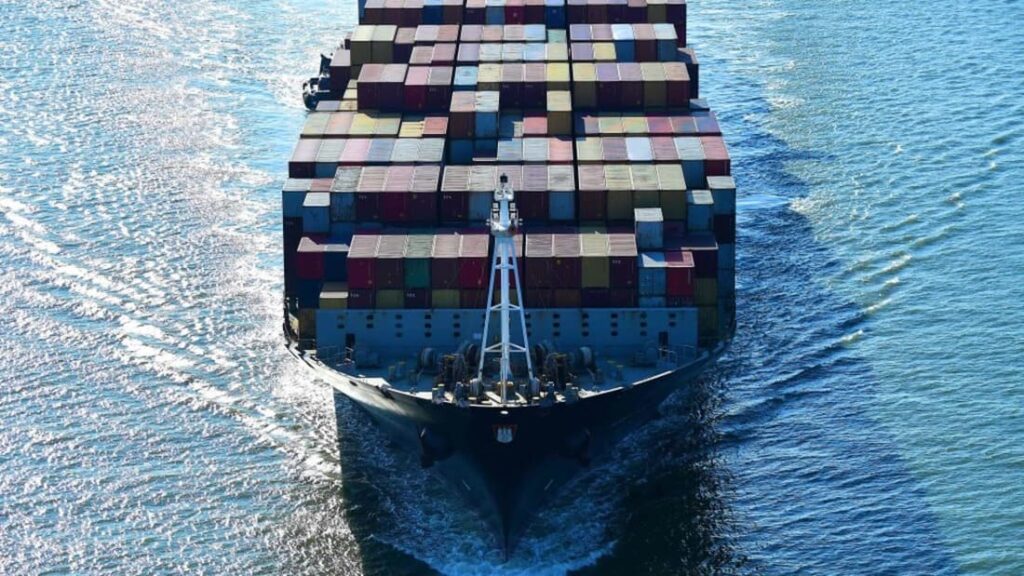South African trade industry is ready to witness an upsurge in ocean freight after the decline in transportation costs. Many industries, especially the automotive industry, are eyeing moving shipments via ocean rather than air freight.
The South African component manufacturing market has been very volatile. While the automotive market always depended on ocean freight, this practice changed during the pandemic when the industry switched to air trade to avoid operational delays and related penalties. Moreover, the auto industry deals in just-in-time logistics and speed and reliability take precedence. That’s why air freight saw up to 70 per cent spike during those years.
But that is changing now. The automotive component sector is primarily price sensitive, and the affordability of sea freight suits all businesses. Research Consultancy, Trade Data Services (TDS) released figures for last year, which show that the ocean comprised 67 per cent of the trade, air 20 per cent, and road 12 per cent. With ocean transport rates down below their level four years ago, companies will turn to this cheaper mode of transport. Air freight declined by 1.2 per cent last year, while exports increased by 0.5 per cent. But the overall trade increased by 9.5 per cent.
Kenya Airways Cargo suggests a combination of sea and air to maintain the perfect balance between timelines and costs. Around two-thirds of African air cargo shipments are moving through Nairobi, Addis Ababa, Johannesburg, and Lagos. The airline recommends a multimodal approach wherein imports come by sea to Mombasa and get exported via air. The airline is in talks with CMA CGM to set up a multimodal solution.
